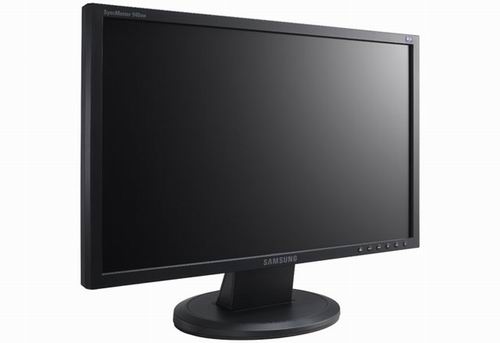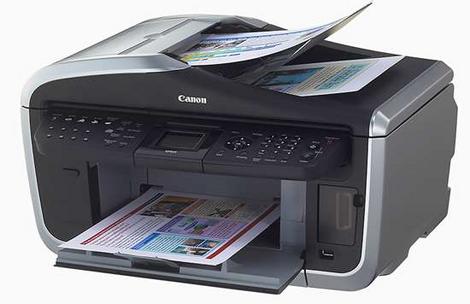Computer output devices are defined as any piece of hardware that is used to report the results of the computer's processing or CPU. The most common output devices are the monitor and the printer. We'll take a look at the different types of printers and how they work, and we'll also look at the monitor market and how it has evolved.Computer output devices are hardware used to report results of computer processing; most commonly, the monitor and printer. What is the best computer printer and best computer monitor for your needs?

Monitors
The monitor is your view into the computer. Monitors come in all shapes and sizes, but the main ones being sold today are LCD (Liquid Crystal Display) and Plasma monitors.
There's quite a big difference between LCD, Plasma and CRT (Cathode Ray Tube) monitors and CRT monitors are slowly being phased out and replaced by LCD's.
LCD monitors are much lighter and thinner, they take up less space, and provide a crisper more focused image. Plasma monitors provide high contrast, excellent color, softer images, and no geometric distortion but are only available in 32 inch or larger screen sizes (due to large pixel pitch). Plasma monitors are heavy and not very effective in a highly lighted environment - due to glare from the screen. Plasma's are not your everyday monitors - yet. These output devices are changing and improving each year.
 Printers
Printers
A computer printer is another type of output device. Many modern printers have the ability to interface with different media types such as memory sticks, memory cards, and cameras. You will also see what are called multi-function printers that combine printing, scanning, faxing, and photocopying all into one device.
Printer prices have dropped considerably over the years, but what should you look for when buying a printer? And what is the best computer printer for your needs? We'll take a look at that and cover the different options available.

Monitors
The monitor is your view into the computer. Monitors come in all shapes and sizes, but the main ones being sold today are LCD (Liquid Crystal Display) and Plasma monitors.
There's quite a big difference between LCD, Plasma and CRT (Cathode Ray Tube) monitors and CRT monitors are slowly being phased out and replaced by LCD's.
LCD monitors are much lighter and thinner, they take up less space, and provide a crisper more focused image. Plasma monitors provide high contrast, excellent color, softer images, and no geometric distortion but are only available in 32 inch or larger screen sizes (due to large pixel pitch). Plasma monitors are heavy and not very effective in a highly lighted environment - due to glare from the screen. Plasma's are not your everyday monitors - yet. These output devices are changing and improving each year.

A computer printer is another type of output device. Many modern printers have the ability to interface with different media types such as memory sticks, memory cards, and cameras. You will also see what are called multi-function printers that combine printing, scanning, faxing, and photocopying all into one device.
Printer prices have dropped considerably over the years, but what should you look for when buying a printer? And what is the best computer printer for your needs? We'll take a look at that and cover the different options available.

No comments:
Post a Comment